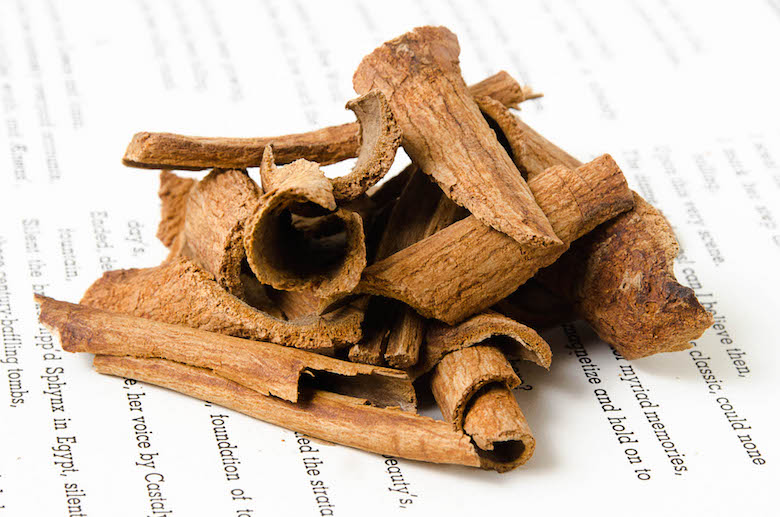
Editor’s note: We kicked off our first annual Food Loves Tech event last summer in Chelsea—here’s a recap. We’re bringing a taste of the food and farming future back this year, but just across the East River at Industry City. Leading up to the event, this story is part of an ongoing series about technology’s effects on our food supply.
How do you become a spice importer? The job sounds exciting, glamorous even. You might picture someone picking through crowded markets in faraway places. But it’s a lot more about connection than that—to the family farms doing the growing and the chefs who end up buying.
Having a foot in the worlds of food and international development led Ethan Frisch to create his spice company, Burlap and Barrel. He’d worked as a line cook and pastry chef in both New York and London, an ice cream maker serving politically inspired flavors on city streets, and as a logistics manager and policy advisor with various international organizations. All of this combined gave him the perfect set of skills to bring, for example, wild mountain cumin from Afghanistan into the restaurants of New York City.

He started the business in October, with a storage space in Queens, and now you can order smoked pimentón from him online. The goal? More transparency and traceability in the spice industry, where how these essential pieces of our cooking are grown, how they’re transported and how long they’re sitting in a warehouse are all generally unknown. “I wanted to shake that up a little bit,” he tells me. “It’s happened for coffee, it’s happened for chocolate—but it hasn’t happened for spices.”
Burlap and Barrel—run almost completely by Frisch himself—works directly with farms in a half-dozen countries. A few varieties of cardamom, allspice and annatto seeds come from a family farm in the cloud forests of central Guatemala; he might be the only person importing spices from Zanzibar, off the coast of Tanzania, where they grow cinnamon, black pepper, clove and nutmeg.
As we talk over coffee at Abraço, I take a bite of mellow, sweet cinnamon verum shavings and choke on a bright, lemony peppercorn. In spices—as in coffee, chocolate and wine—the origin is present if you let yourself taste it, even in what you may have considered the most common of flavors. When I stop choking, I ask where the company’s name comes from: “The idea of thinking more specifically about sourcing and how things get to where they’re going,” he says. If you’ve always wanted to know exactly which farm your turmeric comes from, look no further.



